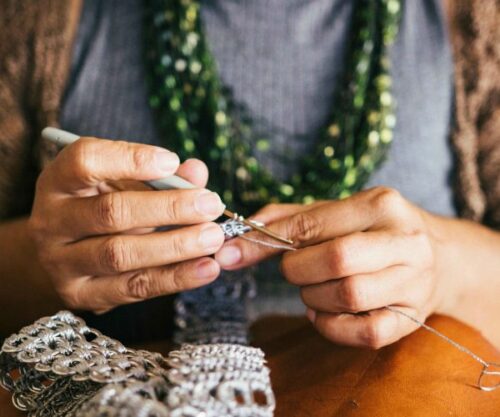
Sleep hygiene, or healthy sleeping habits, is a way of life to consider if you are having trouble falling asleep and giving your body the quality rest it needs.
According to Healthline, a good sleep hygiene is important as it plays a significant role in benefitting your mental and physical health, as well as your overall quality of life.
“Your behaviours during the day — not just before you go to bed — can affect how well you sleep. Your food and drink choices, schedule, evening routine, and many other activities all play a part in your ability to sleep,” states the publication.
Below are five tips to improve your sleep hygiene for a good night’s rest from Healthline.
Turn off all electronic devices before going to bed
The blue light that emits from your electronic devices can reduce melatonin levels in your body, a chemical that controls your sleep/wake cycle. When melatonin levels drop, it can become more difficult to fall asleep.
The blue light as well as the buzzing and beeping from your message notifications can also be a huge distraction, keeping your brain alert, also making it harder to fall asleep.
Therefore, to get uninterrupted sleep, it is best to switch your electronic devices off.
Only use your bed for sleep and sex
Do not be tempted to use your bed for other activities such as watching TV, talking on the phone, reading or working. It should only be used for sleep and sex.
The two above-mentioned activities help strengthen your brain’s association between your bed and sleep, making it easier for you to fall asleep.
Manage stress before hitting the sack
Worrying thoughts can keep you up at night. To prevent this, you can do the following:
- To keep the worries out of your head, write them down before going to bed.
- Try meditation before bed to calm your mind.
- Studies have shown that a weighted blanket may help with anxiety and insomnia. It may also provide benefits similar to deep pressure therapy.
Limit your caffeine intake
The effects of caffeine can last three to seven hours after consumption. This could mean that your afternoon cup of Joe may keep you awake longer than expected.
Limit or avoid napping
This might be a difficult habit to pick up because who doesn’t like a good afternoon nap?
Napping during the day can make it more difficult for your to fall asleep at night, as well as make you prone to waking up during the night.
However, if you do need to nap, you can do the following:
- Keep the nap to 30 minutes or less.
- Avoid napping later in the afternoon.
Also see: Why you shouldn’t eat after 7pm




